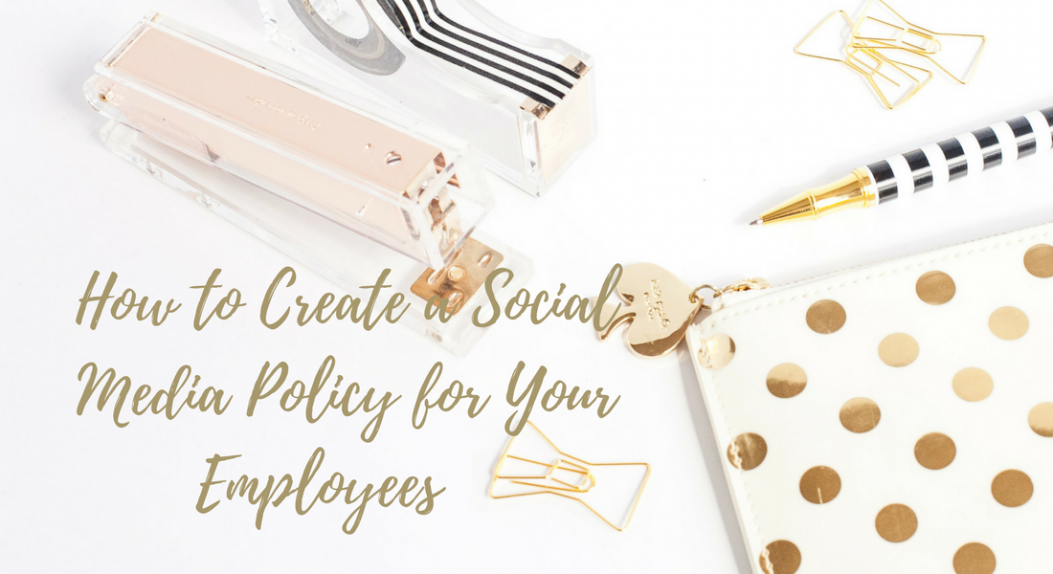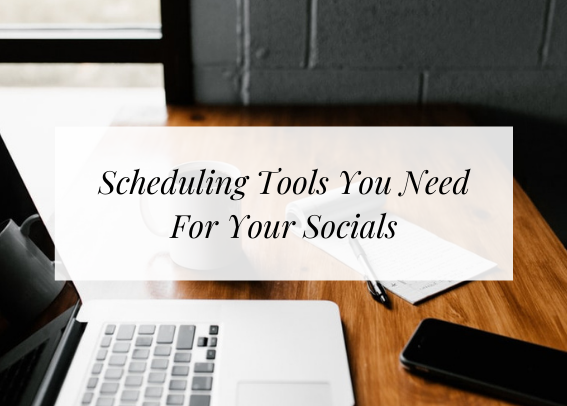There’s no denying that businesses now live in a digital world. This has given brands opportunities to reach new people, interact with their customers on a personal level, more regularly, and promote the brand on a greater scale. This has also meant that competitors and customers will notice if you slip up, say the wrong thing, or make an inappropriate joke. A social media policy can help to avoid finding yourself in hot water.
What is a social media policy?
Put simply, a social media policy is a corporate code of conduct introduced by a company that provides guidelines for employees who post online, or on social media as either part of their job or as a private person. This helps to safeguard your brand while still encouraging employees to share your brand with the world!
Social media is constantly changing and so your social media policy should be revised where necessary.
What should be included?
Your online policy does not have to be a 10-page document. It can be outlined in as little as two pages – the importance will be in what aspects you cover and how thoroughly they are explained so that there is no room for misinterpretation. It is also recommended that you have two social media policies:
- One for employees who handle the company social media profiles
- One for all employees for when they are talking about, or interacting with the brand
Who does the social media policy apply to?
As mentioned above, the social media policy should apply to ALL employees, from the CEO through to senior management and team members. The social media policy should be differentiated between those who handle the company social media accounts and those employees who do not.
Employees who handle the company social media accounts include anyone who:
- posts online as your brand; or
- interacts with consumers and followers as your brand
What platforms does the social media policy apply to?
The social media policy should apply to ALL social media platforms. It should also include blogs that are posted online.
Crisis management
It is human nature to want to be involved in drama and give input on how things can be helped. In such a situation, it is important to have a clear set of steps to follow to deal with the crisis. This should include points such as who is responsible for contacting the user or person behind the drama, who is responsible for keeping the company updated etc.
You do not have to go into a lot of detail about this in this document, however, it is recommended to have a social media crises management guide for employees to refer to.
Rules and regulations
These rules and regulations should refer to the manner in which the company speaks online. The tone of voice, the type of language used, how much humour you incorporate into your posts etc. This should also include the way the company should be portrayed when replying to consumers online.
These rules should also address how employees are expected to communicate when speaking about the brand on their personal profiles. Examples of this might be:
- do not use profanity in conjunction with the brand
- do not reflect political views and mention the company in the same post
- confidentiality around what information can be shared online
Roles and responsibilities
This should outline who is responsible for ensuring that social media content and communication aligns with the business and is on track with the social media strategy outlines. This could be a simple table which has tasks on the left column with the responsible individual on the right.
Roles and responsibilities to be assigned can include:
- brand management
- approval of posts
- customer service
- advising other staff members
Security risks
You can never be too careful when it comes to protecting yourself or your company online. To protect any breach of security is important to outline what employees should do if accounts are compromised. Examples of information to include are:
- Create secure passwords
- Avoid phishing attacks, spam, scams, and other malicious threats
- How to respond in the event of a security breach or attack
Examples of social media policies
Here are a few examples of social media policies from companies who have successfully created and implemented a social media policy.
- Adidas Social Media Policy
- Department of Justice (Victoria, Australia) Social Media Policy
- Business.gov.au Social Media Policy
- ABC Social Media Policy
Need help with your digital marketing?
Chronicle Republic Communications is a boutique Sydney marketing consultancy for real estate, property and interiors professionals. We specialise in social media, content marketing, email marketing, blogging, search engine optimisation, social media advertising and much more!
If you are looking for social media for real estate, property or interior design our digital marketing experts can help you bring your brand’s story to life.






